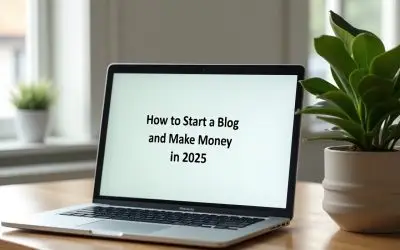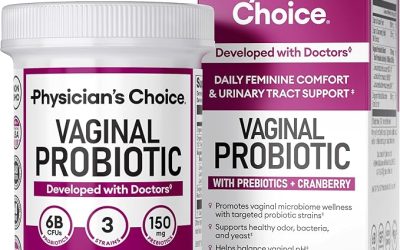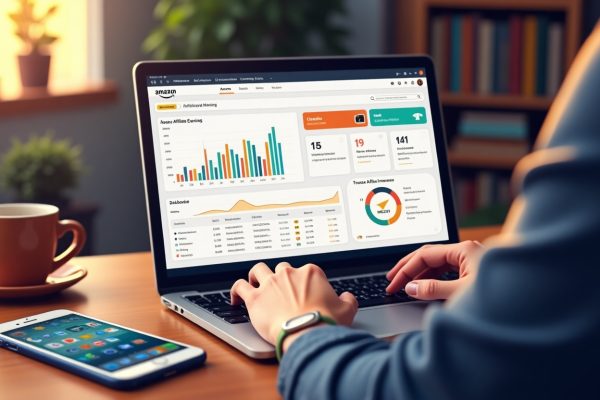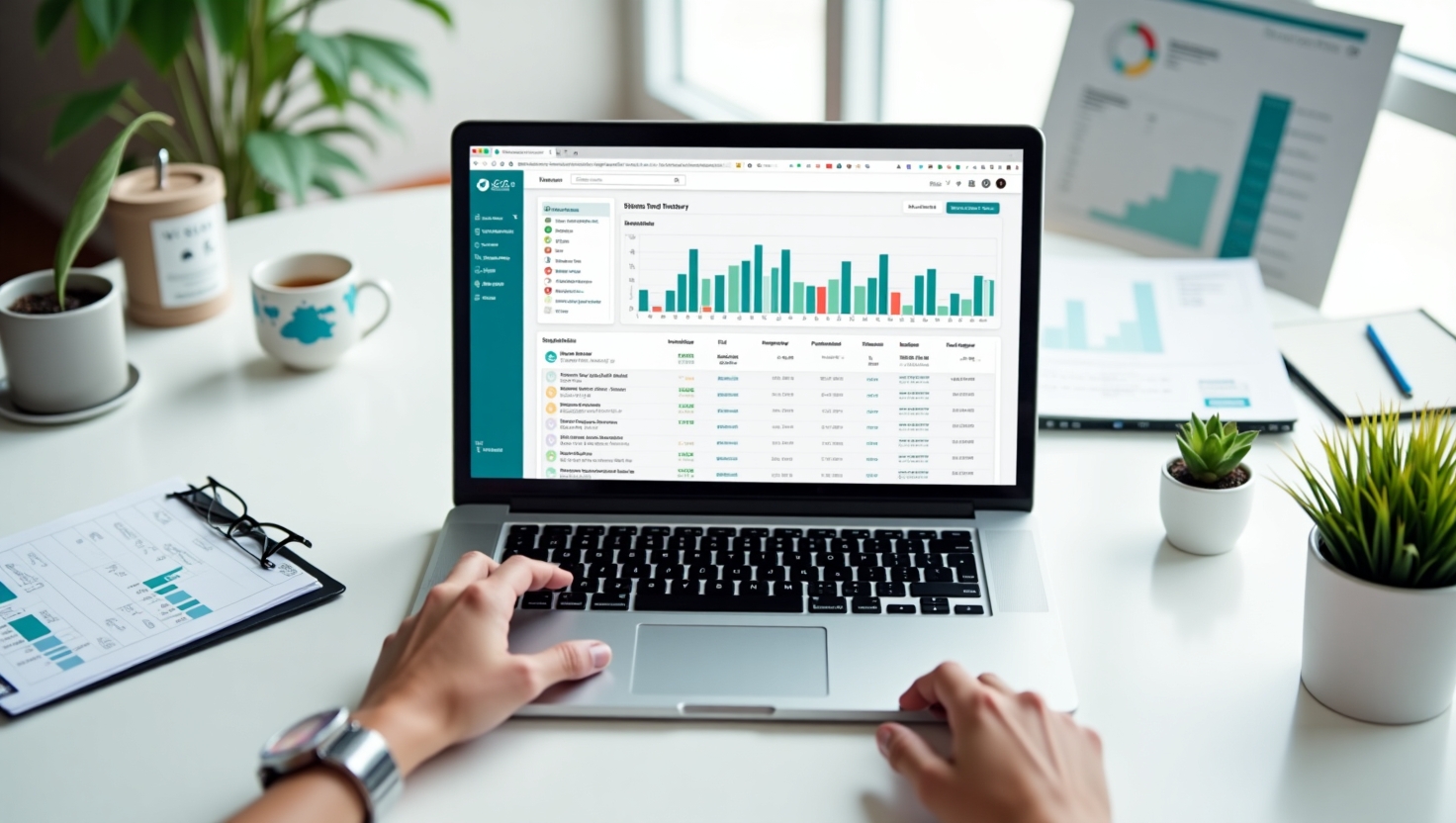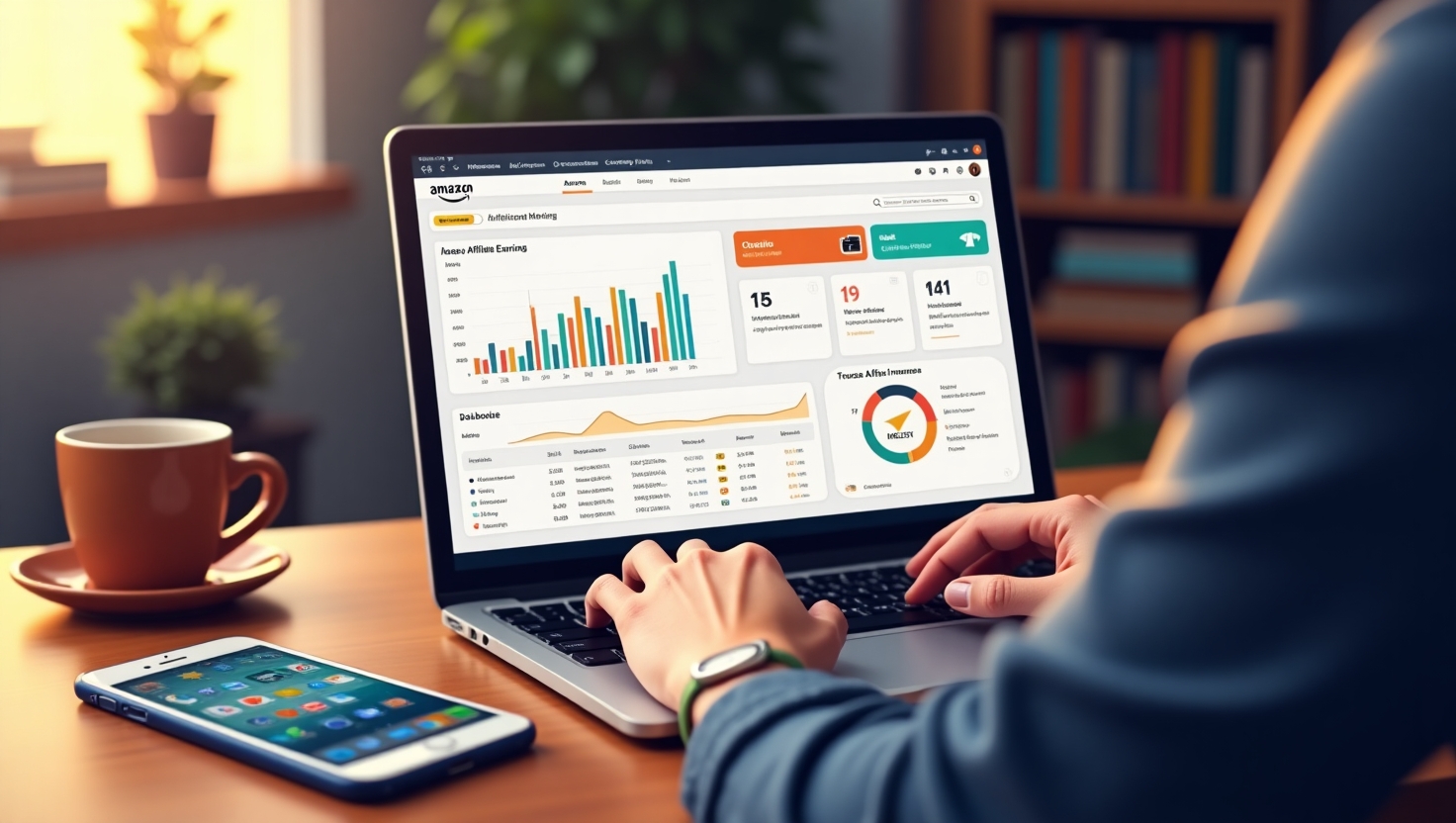
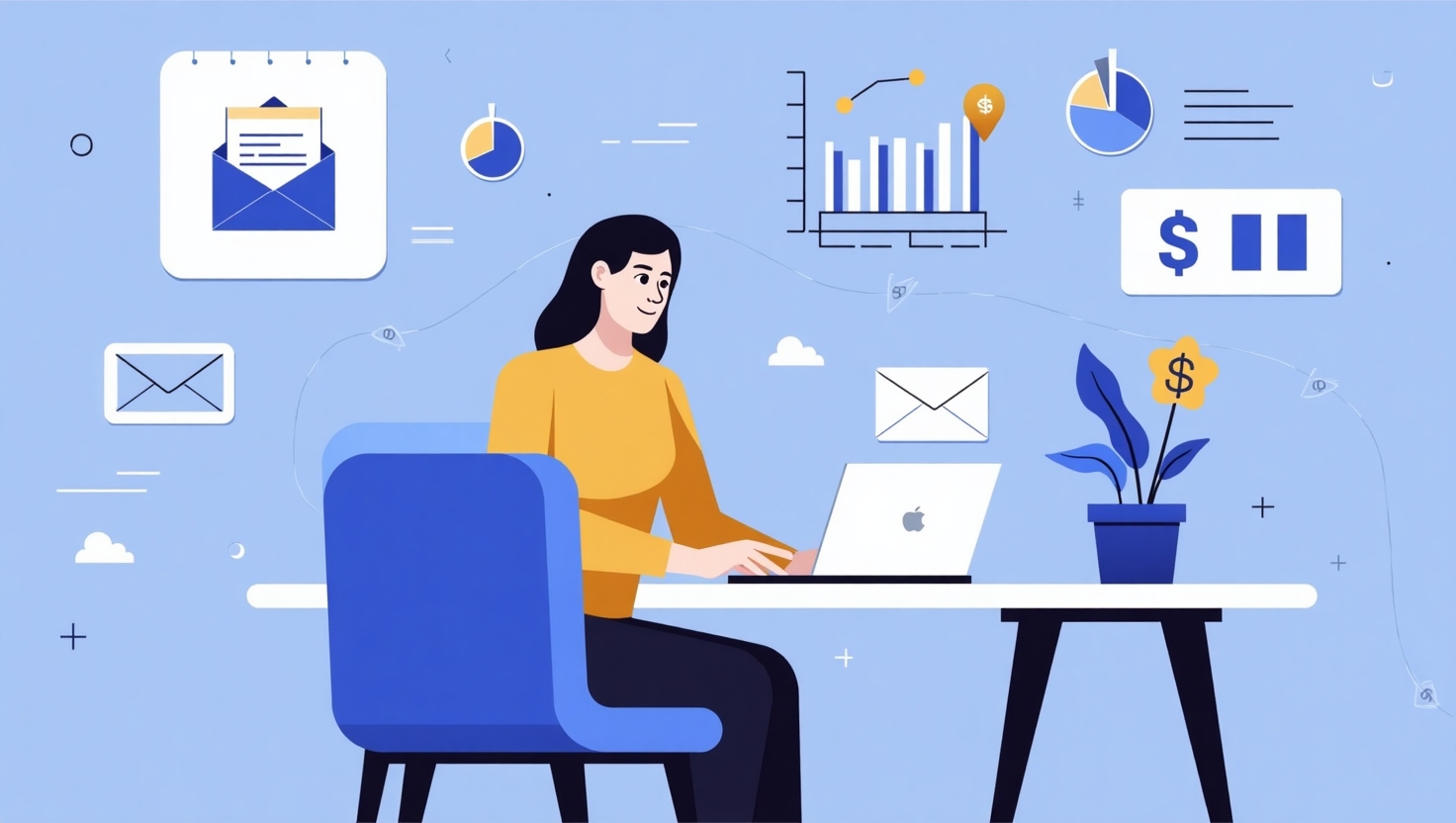
How to Start an Email Newsletter and Make Money in 2025 [Step-by-Step Guide]
How to start an email newsletter and make money in 2025 is one of the most powerful online strategies for building income streams and audience trust in the digital age. With the right tools and techniques, anyone can launch a successful newsletter and monetize it through multiple channels.
Why Email Newsletters Are Still King in 2025
Email newsletters have stood the test of time—and in 2025, they’re stronger than ever. Amid the noise of social media and declining organic reach, newsletters offer something rare: direct, permission-based access to an audience that wants to hear from you. They build trust, provide immense value, and are easier to monetize than ever before.
From personal brands to million-dollar media empires, the newsletter has become a launchpad for digital entrepreneurship. If you’re learning how to start an email newsletter and make money in 2025, now is the perfect time to act.
Ready to Start and Grow Your Own Profitable Newsletter?
Kickstart your journey today with the best tools and resources for email success in 2025.
Check Out this 300 email marketing tips — everything you need to launch, grow, and monetize your email list like a pro!
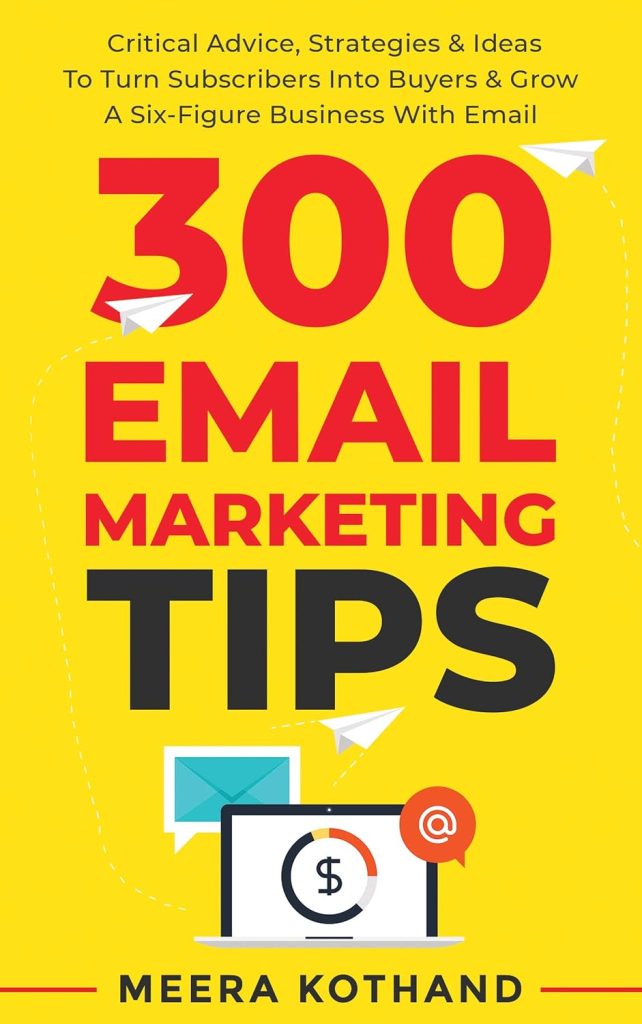
Choose a Profitable Niche
How to Find a Niche That Pays
A profitable newsletter starts with a strategic niche. Begin by identifying areas where:
- You have personal experience or insight.
- There’s a proven demand (people are actively searching or subscribing).
- Monetization potential exists (advertisers, sponsors, or products are relevant).
Use tools like Google Trends, Reddit, and niche forums to validate your idea.
Top Profitable Newsletter Niches in 2025
- Personal Finance & Investing
- AI & Tech Innovations
- Remote Work and Digital Nomadism
- Health & Biohacking
- Parenting & Education Tips
These categories have shown consistent growth and high engagement, making them ideal for newsletter monetization.
Select the Right Newsletter Platform

Substack vs Beehiiv vs ConvertKit
Each platform has strengths:
- Substack: Best for writers seeking quick monetization through paid subscriptions.
- Beehiiv: Great for those wanting advanced analytics and growth features.
- ConvertKit: Offers powerful automation tools for content creators.
Compare costs, features, and integrations before making your choice. Substack and Beehiiv are especially beginner-friendly.
Build a High-Converting Landing Page
Your landing page plays a critical role in your journey to start an email newsletter and make money in 2025—it’s your first conversion point.
Key Elements of a Great Landing Page
- A clear headline that defines the value of your newsletter.
- A subheadline that explains who it’s for.
- Visuals or testimonials that add credibility.
- A simple opt-in form—keep it short.
Tools for Landing Page Design
Use drag-and-drop platforms like:
- Leadpages
- Unbounce
- Carrd
Test different versions (A/B testing) to see which layout, color scheme, or CTA text gets the most sign-ups.
Create Valuable and Engaging Content
Planning Your Content Calendar
When planning how to start an email newsletter and make money in 2025, consistent, valuable content is your most powerful asset. Decide how often you’ll publish and stick to it. Whether it’s weekly tips or monthly deep dives, consistency builds trust.
Map out your topics a month in advance using tools like Trello or Notion.
Tips to Improve Readership Engagement
- Ask questions to invite replies.
- Share behind-the-scenes insights.
- Use short paragraphs and include bullet points.
- Include visuals or GIFs for a more dynamic feel.
Want a mailing list full of superfans instead of freeloaders? Grab Newsletter Ninja and learn how to build, engage, and convert your email list like a pro. Start transforming your author platform today!
Grow Your Subscriber List Organically
Lead Magnets That Convert
One of the fastest ways to grow your subscriber base is through lead magnets—free resources that provide immediate value in exchange for an email address. Popular options include:
- Free eBooks or whitepapers
- Downloadable checklists or templates
- Access to a private webinar or mini-course
- Exclusive email series (e.g., “7-Day Productivity Challenge”)
The key is to align your lead magnet with your newsletter’s core value and niche.
Cross-Promotion Strategies That Work
Cross-promotions allow you to tap into an existing audience. Here’s how:
- Newsletter swaps: Partner with another creator to promote each other’s newsletters.
- Guest appearances: Join podcasts, blogs, or webinars to talk about your expertise.
- Social media promotion: Use platforms like X (Twitter), LinkedIn, or Instagram Stories to share signup links.
Consider offering incentives for referrals to supercharge growth.
Set Up Automated Email Sequences
Welcome Series and Drip Campaigns
When a subscriber joins, don’t just send a single confirmation. A welcome series can introduce your mission, highlight past issues, and build rapport.
A good welcome sequence might look like:
- Welcome & What to Expect
- Your Story + Why You Started the Newsletter
- Top 3 Past Issues or Resources
- Engagement Email (Ask for Feedback or Questions)
Tools for Automation and Personalization
Most newsletter platforms offer automation features. Here are some to consider:
- Mailchimp: Simple and user-friendly.
- ConvertKit: Excellent for advanced segmentation.
- ActiveCampaign: Best for businesses with multiple customer journeys.
Use personalization tags to make each email feel 1:1. For example:
“Hi [First Name], here’s something you’ll love…”
Monetize Through Paid Subscriptions
Pricing Your Newsletter for Profit
One of the easiest ways to get started with how to start an email newsletter and make money in 2025 is by offering a freemium model. When you’re ready to monetize, start by offering premium content behind a paywall. Price points typically range from $5 to $15/month or $50 to $150/year, depending on value and exclusivity.
Survey your readers or test pricing models to find your sweet spot.
Value-Add Strategies for Paid Subscribers
- Weekly deep-dive content unavailable to free users
- Downloadable resources (spreadsheets, templates)
- Private community or Discord access
- Monthly live Q&A calls
Platforms like Substack make managing subscriptions seamless.
Leverage Sponsorships and Ads
Pitching to Potential Sponsors
Once you hit 1,000+ engaged subscribers, you can start pitching sponsors. Focus on brands that align with your niche.
Include in your pitch:
- Audience demographics
- Open and click-through rates
- Previous sponsor success (if applicable)
Tools like Swapstack and Passionfroot help connect creators with potential sponsors.
How to Price Sponsored Slots
Start with $25–$50 CPM (cost per 1,000 subscribers). For example, if you have 5,000 readers and a $40 CPM, you can charge $200 per ad slot.
Be transparent with your audience by clearly labeling sponsored content.
Promote Affiliate Products and Services
Best Affiliate Programs for Newsletters
Some high-converting affiliate programs include:
- Amazon Associates
- ConvertKit Affiliate Program
- ShareASale
- Fiverr or Canva Partner Programs
Choose products that you personally use and trust.
How to Integrate Affiliate Links Naturally
Avoid hard sells. Instead:
- Share a story about how you used the product
- Create “tools I use” segments
- Recommend resources within relevant content
Always include a disclaimer to maintain trust and transparency.
Analyze, Optimize, and Scale
Key Metrics to Track
To scale your newsletter, pay attention to:
- Open Rate (good = 30%+)
- Click-Through Rate (CTR)
- Unsubscribe Rate
- Subscriber Growth Rate
- Revenue per Subscriber
Most platforms have built-in analytics dashboards to help you monitor these.
Using Feedback to Improve Content
Send occasional surveys or include feedback questions in emails like:
“What do you wish I covered more?”
This helps guide your content strategy and keep your readers satisfied.
Mistakes to Avoid When Starting a Newsletter
- Ignoring list hygiene (remove inactive users regularly)
- Over-promoting or spamming affiliate links
- Being inconsistent with publishing
- Choosing a niche you’re not passionate about
- Neglecting subject lines and preview text
Avoiding these pitfalls will keep your newsletter healthy and thriving.
Frequently Asked Questions (FAQs)
Q1: How much can I earn from an email newsletter in 2025?
It varies, but many creators earn between $1,000 to $10,000/month. Top newsletters exceed six figures annually through subscriptions, sponsorships, and affiliate deals.
Q2: Do I need technical skills to start a newsletter?
Not at all! Most platforms are drag-and-drop and user-friendly. Knowing basic copywriting and marketing will give you an edge.
Q3: How often should I send out my newsletter?
Consistency is more important than frequency. Once a week is ideal for most niches, but bi-weekly or monthly works too—just keep it regular.
Q4: What types of content work best in newsletters?
Actionable advice, personal stories, curated resources, and niche insights typically perform best. Keep it valuable and easy to digest.
Q5: How can I prevent my emails from going to spam?
Avoid spammy phrases (like “100% free”), use clean formatting, ask subscribers to whitelist your address, and regularly clean your list.
Q6: Can I start a newsletter without an existing audience?
Absolutely. Many successful newsletters started from scratch using content marketing, lead magnets, and smart promotions.
Q7: Is it realistic to learn how to start an email newsletter and make money in 2025 without experience?
Yes, many successful newsletters began with no prior experience. With the right tools, anyone can learn how to start an email newsletter and make money in 2025.
Conclusion: Your Newsletter Journey Starts Now
There’s never been a better time to learn how to start an email newsletter and make money in 2025. With low startup costs, powerful platforms, and limitless monetization options, newsletters remain one of the most effective ways to build both audience trust and income streams.
Whether you’re a writer, coach, freelancer, or content creator, a newsletter could be the missing link in your digital strategy.


